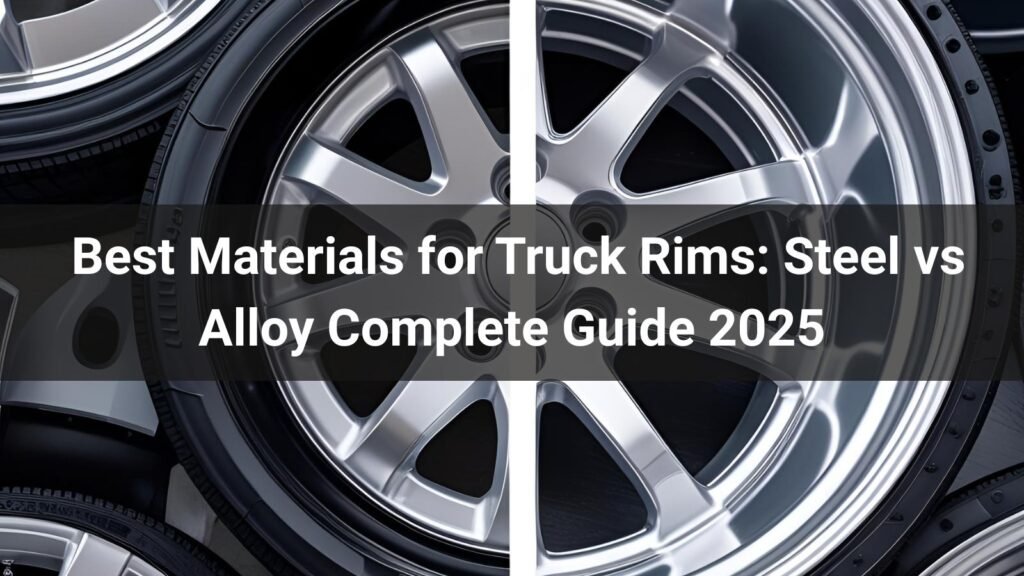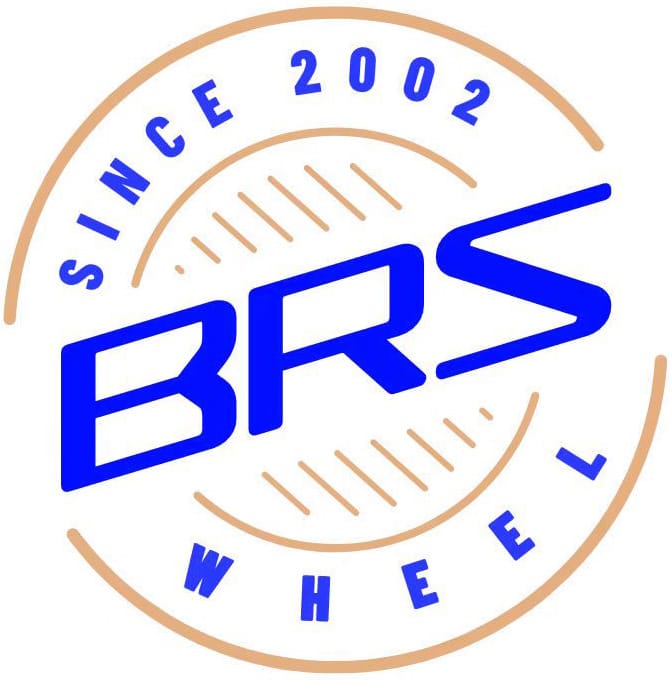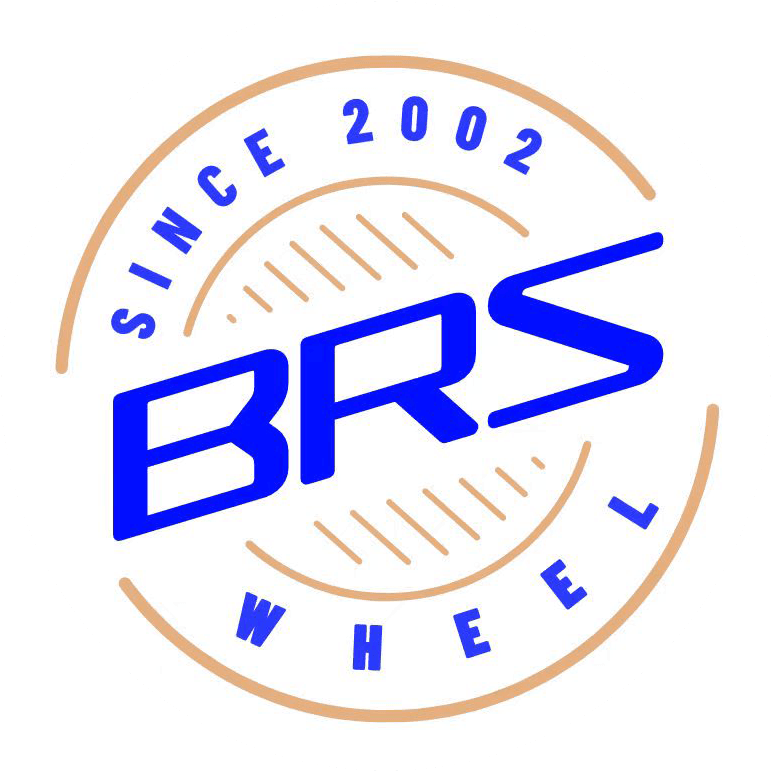
Choosing the right material for truck rims is crucial for performance, safety, and cost-effectiveness. This comprehensive guide explores steel, aluminum, and alloy options, helping you make an informed decision based on your specific trucking needs. We’ll examine durability, weight, cost factors, and real-world applications to determine which material offers the best value for different truck operations.
📋 Table of Contents
Understanding Truck Rim Materials: The Foundation of Performance
When selecting truck rims, the material choice directly impacts vehicle performance, safety, and operational costs. The three primary materials dominating the commercial trucking industry are steel, aluminum, and various alloy compositions. Each material offers distinct advantages and limitations that must be carefully considered based on your specific hauling requirements.
The decision between materials affects not only initial purchase costs but also long-term maintenance expenses, fuel efficiency, and payload capacity. Understanding these fundamental differences is essential for fleet managers and owner-operators looking to optimize their operations.
Material Properties That Matter Most:
- Weight-to-strength ratio
- Corrosion resistance
- Impact resistance and durability
- Heat dissipation capabilities
- Manufacturing cost and availability
- Repairability and maintenance requirements
Steel Rims: The Industry Standard for Heavy-Duty Applications
Steel rims have dominated the commercial trucking industry for decades, and for good reason. Their exceptional durability and cost-effectiveness make them the preferred choice for many fleet operations, particularly those involved in heavy hauling and construction work.
Advantages of Steel Rims:
Exceptional Durability: Steel rims can withstand significant impact without cracking or breaking. This makes them ideal for construction sites, mining operations, and other demanding environments where rim damage is common.
Cost-Effective: Initial purchase costs for steel rims are typically 30-50% lower than aluminum alternatives. For large fleets, this represents substantial savings on initial equipment investment.
Easy Repair: When damaged, steel rims can often be welded and reshaped, extending their service life. This repairability factor is crucial for operations in remote areas where replacement parts may not be readily available.
Temperature Resistance: Steel performs well under extreme temperature variations, making it suitable for operations in harsh climates.
Disadvantages of Steel Rims:
Weight Penalty: Steel rims are significantly heavier than aluminum alternatives, typically weighing 40-60 pounds more per wheel. This weight increase directly impacts fuel efficiency and reduces available payload capacity.
Corrosion Susceptibility: Without proper coating, steel rims are prone to rust and corrosion, particularly in coastal environments or areas where road salt is used extensively.
Limited Aesthetic Options: Steel rims offer fewer customization options compared to alloy wheels, which may be important for companies focused on fleet appearance.
At Ningbo BRS Auto Parts Co., Ltd, we specialize in manufacturing high-quality steel truck rims ranging from 16″ to 24″, with key sizes including 5.5-16, 16×6, 16×6.5, 20×6.5, 20×7, 20×7.5, 20×8, 20×8.5, 20×9, and 24×8.5. Our precision engineering process includes thorough shot blasting for smooth surfaces and superior coating adhesion, ensuring enhanced corrosion resistance and longevity.
Aluminum and Alloy Rims: Performance-Focused Solutions
Aluminum and aluminum alloy rims have gained significant traction in the trucking industry, particularly among operators prioritizing fuel efficiency and payload optimization. These materials offer distinct advantages that can translate into measurable operational benefits.
Key Benefits of Aluminum Rims:
Weight Reduction: Aluminum rims typically weigh 40-60 pounds less than steel equivalents. For a standard truck with 18 wheels, this weight saving can exceed 1,000 pounds, directly increasing payload capacity and improving fuel efficiency by 2-5%.
Superior Heat Dissipation: Aluminum’s excellent thermal conductivity helps dissipate brake heat more effectively, potentially extending brake life and improving safety during extended downhill runs.
Corrosion Resistance: Natural oxidation creates a protective layer on aluminum surfaces, providing inherent corrosion resistance without additional coatings.
Aesthetic Appeal: Aluminum rims offer better appearance retention and more finishing options, important for companies emphasizing professional fleet presentation.
Limitations of Aluminum Rims:
Higher Initial Cost: Aluminum rims typically cost 50-100% more than steel alternatives, representing a significant upfront investment.
Impact Sensitivity: While strong, aluminum rims are more susceptible to impact damage and typically cannot be repaired as easily as steel rims.
Specialized Maintenance: Aluminum rims may require specific cleaning products and maintenance procedures to maintain appearance and performance.
Comprehensive Material Comparison and Performance Analysis
To help you make an informed decision, here’s a detailed comparison of truck rim materials across key performance metrics:
| Performance Factor | Steel Rims | Aluminum Rims | Alloy Rims |
|---|---|---|---|
| Weight (per rim) | 75-95 lbs | 35-55 lbs | 40-65 lbs |
| Initial Cost | $200-400 | $400-800 | $350-700 |
| Durability Rating | Excellent | Good | Very Good |
| Corrosion Resistance | Fair (with coating) | Excellent | Very Good |
| Repairability | Excellent | Poor | Fair |
| Fuel Efficiency Impact | Baseline | +2-5% improvement | +1-3% improvement |
Industry-Specific Applications: Matching Materials to Operations
Different trucking applications have varying demands that favor specific rim materials. Understanding these applications helps optimize both performance and cost-effectiveness.
Long-Haul Operations:
For over-the-road trucking covering high mileage annually, aluminum rims often provide the best return on investment. The weight savings translate to improved fuel efficiency and increased payload capacity, offsetting the higher initial cost over time. Many long-haul operators report fuel savings of 3-5% when switching from steel to aluminum rims.
Construction and Off-Road Applications:
Construction trucks operating in harsh environments with debris, rocks, and rough terrain typically benefit from steel rims’ superior impact resistance. The ability to repair damaged steel rims on-site makes them particularly valuable for remote construction projects. Our steel off-road wheels are specifically engineered for these demanding applications.
Regional and Urban Delivery:
For stop-and-go delivery operations with frequent loading/unloading, the heat dissipation advantages of aluminum rims can extend brake life and improve safety. The reduced unsprung weight also improves ride quality and handling in urban environments.
Specialized Hauling (Tank Trucks, Heavy Haul):
Operations requiring maximum payload capacity benefit significantly from aluminum rim weight savings. Tank trucks, in particular, can maximize liquid cargo capacity when using lightweight rim options.
Comprehensive Cost Analysis and Value Proposition
Making the right rim material choice requires understanding total cost of ownership, not just initial purchase price. Let’s examine the complete cost picture over a typical 5-year operational period:
Steel Rim Total Cost Analysis:
- Initial Cost: $200-400 per rim
- Fuel Impact: Baseline consumption
- Maintenance: Moderate (coating renewal, rust treatment)
- Replacement Frequency: Low (8-12 years typical life)
- Repair Costs: Low (weldable, field-repairable)
Aluminum Rim Total Cost Analysis:
- Initial Cost: $400-800 per rim
- Fuel Savings: 2-5% reduction in fuel consumption
- Maintenance: Low (minimal corrosion treatment)
- Replacement Frequency: Moderate (6-10 years typical life)
- Repair Costs: High (often replacement required)
Break-Even Analysis:
For a typical truck traveling 120,000 miles annually with fuel costs of $3.50 per gallon and 6.5 MPG efficiency, aluminum rims can break even in 2-3 years through fuel savings alone. This calculation doesn’t include payload capacity benefits, which can generate additional revenue for freight operations.
As a leading manufacturer with over 20 years of experience, Ningbo BRS Auto Parts offers competitive pricing on high-quality steel rims. Our manufacturing efficiency and direct-to-customer sales model help minimize the cost differential between materials while ensuring superior quality.
Maintenance and Longevity Factors
Proper maintenance significantly impacts rim longevity and performance regardless of material choice. However, different materials require different maintenance approaches:
Steel Rim Maintenance:
- Regular inspection for rust and corrosion, particularly around mounting areas
- Prompt treatment of any coating damage to prevent rust spread
- Periodic cleaning to remove road salt and debris
- Professional refinishing every 3-5 years in harsh environments
Our precision shot blasting process at BRS creates superior surface preparation for coating adhesion, significantly extending the corrosion resistance of our steel rims.
Aluminum Rim Maintenance:
- Regular cleaning with aluminum-safe products
- Avoiding harsh chemicals that can damage protective coatings
- Inspection for stress cracks, particularly around mounting holes
- Professional polishing to maintain appearance
Common Maintenance Issues and Solutions:
| Issue | Steel Rim Solution | Aluminum Rim Solution |
|---|---|---|
| Corrosion | Sand and repaint affected areas | Clean with specialized aluminum cleaner |
| Impact Damage | Weld repair or reshape if possible | Usually requires replacement |
| Mounting Issues | Machine mounting surface if needed | Replace if mounting holes are damaged |
Expert Recommendations by Use Case
Based on extensive industry experience and customer feedback, here are our expert recommendations for different trucking applications:
Best Choice for Long-Haul Operations: Aluminum rims provide the optimal balance of fuel efficiency, payload capacity, and long-term value. The higher initial investment is typically recovered within 2-3 years through operational savings.
Best Choice for Construction/Off-Road: Steel rims remain the gold standard for demanding environments. Their superior impact resistance and repairability make them essential for construction, mining, and agricultural applications.
Best Choice for Fleet Operations: Mixed fleets often benefit from material selection based on specific route and application requirements. High-mileage tractors may use aluminum, while construction vehicles use steel.
Best Choice for Budget-Conscious Operators: Steel rims provide excellent value for operations prioritizing initial cost over weight savings. Quality steel rims from reputable manufacturers offer decades of reliable service.
Why Choose BRS for Your Truck Rim Needs:
- Proven Experience: Over 20 years in steel wheel manufacturing with more than 200 skilled workers
- Quality Assurance: Full in-house testing laboratory and quality control systems
- Customization Capabilities: Wide range of sizes from 16″ to 24″ with custom options available
- Professional Support: Over 10 professional technicians specializing in 2D, 3D, and CAE analysis
- Reliable Delivery: Consistent 2-month delivery schedule with regular order updates
Contact Information:
Address: 1st, Rili Middle Road, Yinzhou District, Ningbo, China
Phone: 0086 19810666863
Email: carrie@brsautoparts.com
WhatsApp: 0086 19810666863
Website: https://brsrim.com/
Working Hours: 8:00 – 21:00 Monday to Friday (24-hour response on holidays)
Conclusion:
The best material for truck rims depends on your specific operational requirements, budget constraints, and long-term business goals. Steel rims excel in durability and cost-effectiveness for demanding applications, while aluminum rims offer superior fuel efficiency and payload benefits for high-mileage operations. Consider factors like initial cost, fuel savings potential, maintenance requirements, and application demands when making your decision.
For expert guidance on selecting the optimal rim material for your fleet, contact our technical team at BRS. We provide comprehensive consultation services to help you make the most cost-effective choice for your specific trucking needs.






